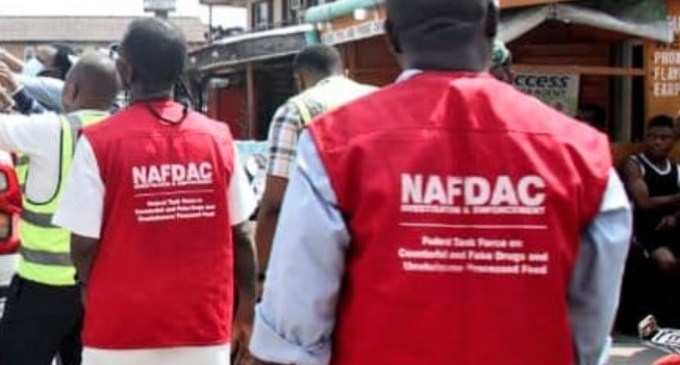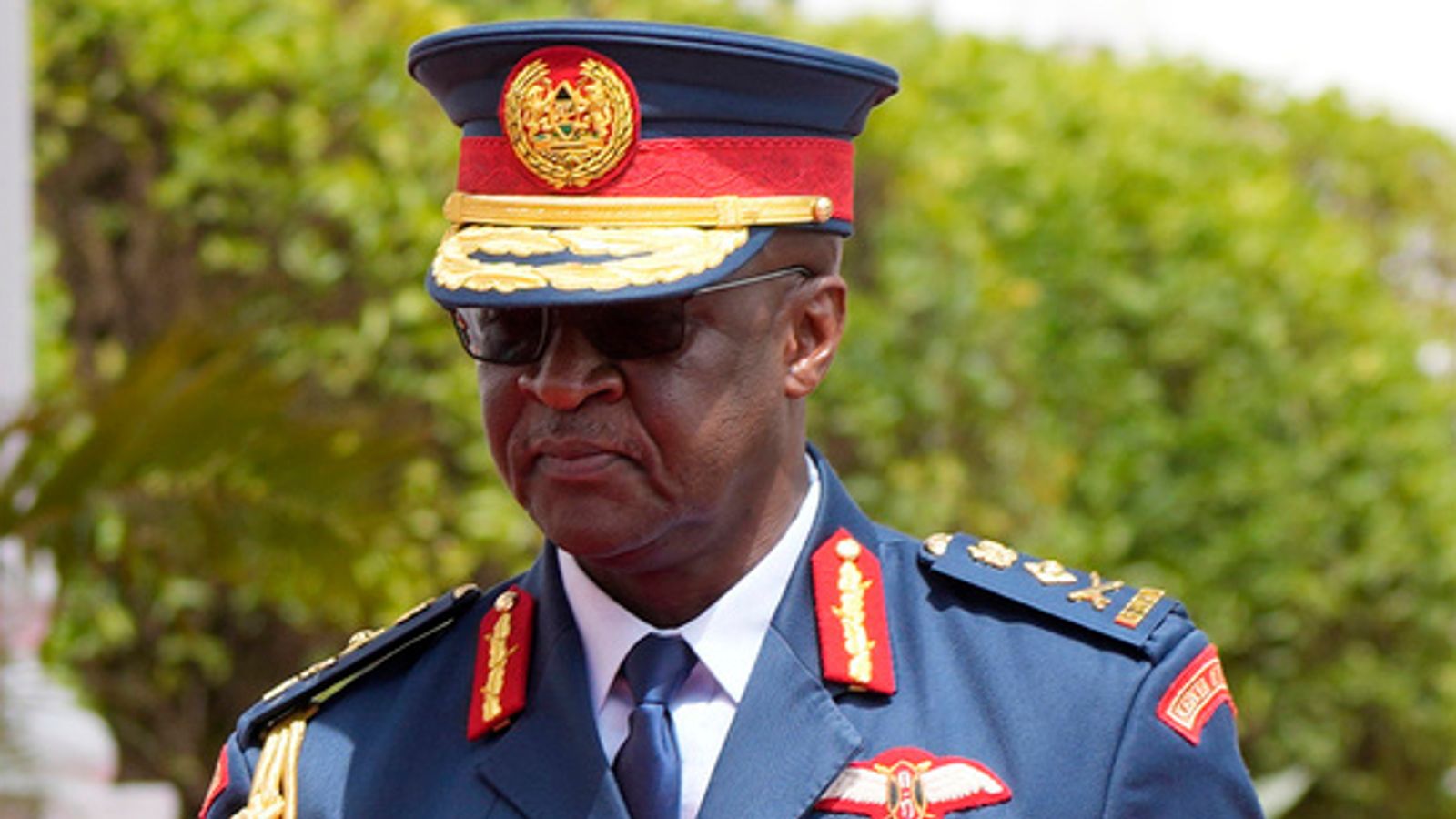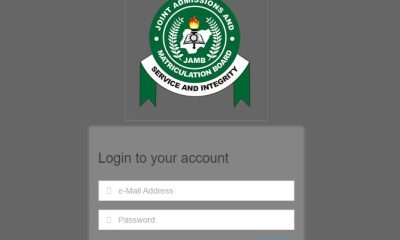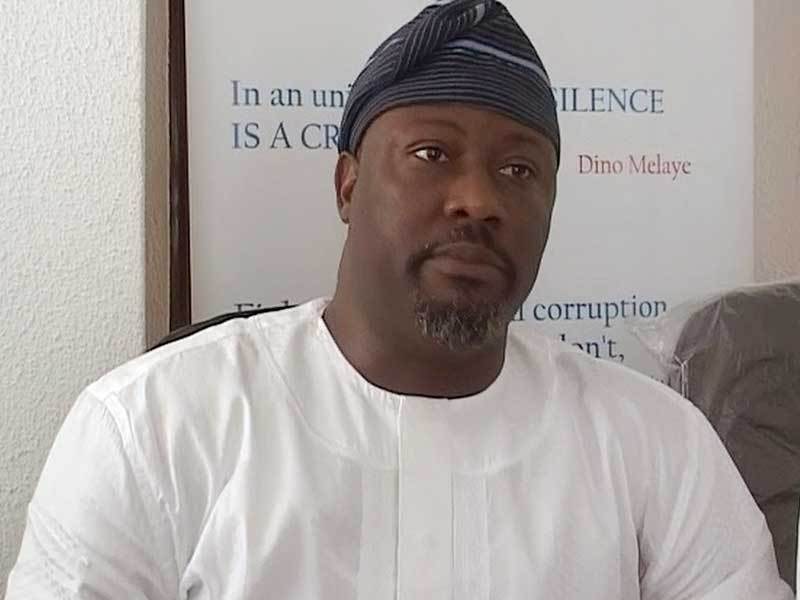News
BOKO HARAM USED CHIBOK RANSOM TO BUY POWERFUL WEAPONS – MILITARY SOURCES
It was learnt that the insurgents demanded for $50m for the release of the girls but about a quarter of the sum was eventually paid.
Punch reports that Federal Government paid cash in two currencies – the naira and the CFA Francs to the leaders of the sect to facilitate the release of the girls.
But, the highly-ranked military men who are engaged in the war, and who craved anonymity because they were not authorised to speak for the military authorities, attributed the recent upsurge in the activities of the insurgents to the huge ransom paid for the release of the girls.
Prior to the current increase in the attacks by the insurgents, it was learnt that the troops of Operation Lafiya Dole, deployed in the North-East, had cut off food and logistics supply to the insurgents.
Some of the sources, who are also commanders at the war front, said that the troops had effectively defeated the Boko Haram members, who were on the run while a good number of them had surrendered and taken to a rehabilitation camp established by the Defence Headquarters in Yola.
In October, over 80 soldiers were reported missing days after they came under a Boko Haram attack. Though there have been increasing reports of soldiers either missing or killed since the Chibok girls were released, the military initially denied the report, it later said that only 39 soldiers were missing.
Also, on November 4, seven military men, including Lt.-Col. Muhammad Abu-Ali, were killed on their way to reinforce troops at Mallam Fatori during a Boko Haram attack. Two days later, one soldier was also killed while four others were wounded in the line of duty.
In October, 21 of the over 200 girls abducted from their school in Chibok, Borno State, in April 2014 were released by the group.
One of the sources said it was sad that the same government that was initially seen as tough enough to end insurgency in the country failed to negotiate with Boko Haram from a position of strength.
“It is unfortunate that in government’s desperation to secure the release of the Chibok girls, it has put our (soldiers’) lives in danger by yielding to the demands of the group to collect a ransom and secure the release of its commanders.
“It is now obvious that the group has reinforced and bought more weapons to fight us.”
According to another source, left to the military, the ransom and the exchange of Boko Haram members for Chibok girls would not have taken place.
“Funds were given to Boko Haram and now we can all see the result of that action; there have been renewed attacks recently and many of our men have been killed in the process but we will not relent, we will continue to do our best to secure this nation.
“The military had reservations about the arrangement but it was not in our hands; it was a political decision that we had to abide with and it was the DSS that was directly in charge of the operation,” the source added.
Another source, who is also in the war theatre, said, “They got the Chibok girls and suddenly the Boko Haram that we had beaten and chased out of Sambisa are attacking and killing men of quality.
“It is very obvious that they have used the money they got from the deal to buy equipment and recruit men to carry out their heinous acts.
“The group is still in Mallam Fatori, they have infested the entire area and their strongest point into Chad is Abadam. It is from there that they disperse their men to carry out attacks.
“Another thing you must note is that the towns around the borders are occupied by mercenaries from foreign countries. Where did they get the money to fund that?”
News
NAFDAC raids Abuja supermarkets, confiscates counterfeit products worth N50m

Operatives of the National Agency for Food and Drug Administration and Control (NAFDAC) on Thursday raided Sahad store, a popular supermarket in Abuja, for selling some counterfeit products.
The agency also raided H-Medix outlets located in Wuse 2, Gwarinpa, and Utako market, in the nation’s capital.
Speaking with journalists during the exercise, Embugushiki-Musa Godiya, the NAFDAC head of investigation and enforcement in Abuja, said the team had also raided markets in Nyanya and Mararaba axis on Tuesday.
He said the team equally raided Wuse market on Wednesday and seized goods worth millions of naira.
Godiya said the three-day operation was carried out based on intelligent reports the agency gathered from well-meaning Nigerians.
“We have been able to successfully recover some of the counterfeit products, and evacuate them for destruction. Our concern is one of the products, purported to be Nivea NAFDAC regulated product, but it is not,” NAN quoted him as saying.
“The most shocking to me is that such substandard Nivea cream and other cosmetics are even more expensive than the ones approved by NAFDAC. This is criminal.
“The market value of what we have seen so far for drug hawking is N5 million, and for the NIVEA products, other cosmetics and other products, including Jik bleach, Harpic toilet cleaner and Airwick room freshener, all counterfeit in large quantity, valued at N45 million.
“The total value of all the goods seized during the operation is N50 million.”
He said the agency has zero tolerance for compromised standards, adding that “NAFDAC will arrest whosoever is involved in this crime”.
“NAFDAC enforcement will make sure it gets to the root of the syndicate that imports these products,” he said.
He called on Nigerians to be careful with the kind of products they buy, and always watch out for the NAFDAC registration number before they buy.
News
NIS places Yahaya Bello on watchlist as IGP withdraws officers attached to him

The Nigeria Immigration Service (NIS) has placed Yahaya Bello, former governor of Kogi, on a watchlist.
The police headquarters in Abuja has also “ordered the withdrawal of all men attached to his excellency Alhaji Yahaya Bello, former executive governor of Kogi state”.
Bello was declared wanted by the Economic and Financial Crimes Commission (EFCC) on April 18 after his absence from the federal high court in Abuja “stalled his arraignment”.
The anti-graft agency alleges that Bello, alongside Alli Bello, chief of staff to Usman Ododo, governor of Kogi; and one Daudu Suleiman, diverted about N80.2 billion belonging to the Kogi government.
In a statement signed by DS Umar, assistant comptroller of immigration, on behalf of Kemi Nandap, comptroller-general of the NIS, the agency said “the above named person has been placed on watch list”.
“The subject is being prosecuted for breach of trust and money laundering. If seen at any entry or exit point, he should be arrested and referred to the Director of Investigation for further action,” the statement reads.
On April 17, the EFCC ended its siege on Bello’s residence in Abuja after Usman Ododo, governor of Kogi, arrived at the house and was later seen leaving with his predecessor.
Lateef Fagbemi, attorney-general of the federation (AGF), has warned against obstructing the EFCC “in the discharge of its duty”.
News
Kenya’s Defence Chief, Francis Ogolla killed in helicopter crash

Francis Ogolla, Kenyan chief of defence forces, and nine members of the military have died in a helicopter crash in the western part of the country.
President William Ruto announced the tragic incident in a press briefing on Thursday.
Ruto said the crash happened on Thursday afternoon shortly after take-off, noting that two people survived the incident.
The Star, a local media, quoted witnesses as saying the chopper burst into flames after crashing.
Ruto said he was deeply saddened by the incident and announced that a team of investigators had been dispatched to the site of the crash to determine the cause of the accident.
The president said Ogolla had departed Nairobi, Kenya’s capital city, to visit troops in the North Rift region of the country and to inspect ongoing school renovations.
“For me, as the commander in chief of the Kenya defence forces, it is a tragic moment for the Kenya defence forces fraternity and it is a most unfortunate day for the nation at large,” he said.
“Our motherland has lost one of her most valiant generals. We have also lost gallant officers, servicemen, and women.
“The demise of General Ogolla is a painful loss to me, and certainly, the sorrow we all feel about his passing is shared by all the people of Kenya.”
Ogolla, who was previously the head of the Kenyan Air Force, before rising to deputy military chief, was promoted by Ruto on April 28, 2023, to head the military.
The late defence chief joined the Kenya forces in 1984, where he trained as a fighter pilot with the United States Air Force.
He was also an instructor pilot at the Kenya Air Force (KAF).
Ruto declared three days of national mourning beginning on Friday.
-

 Education6 days ago
Education6 days agoPrinting of JAMB slip: Beware of fake sites, police warn 2024 UTME candidates
-

 News1 week ago
News1 week agoJnr Pope: NIWA rescues 7, recovers two corpses, 3 still missing in Anambra boat mishap
-

 Business3 days ago
Business3 days agoX will start charging new users to post, says Elon Musk
-

 Entertainment2 days ago
Entertainment2 days agoJUST IN: Cubana Chief Priest pleads not guilty to naira abuse charge
-

 Entertainment1 week ago
Entertainment1 week agoAdanma Luke surrenders to police after boat mishap
-

 Entertainment1 week ago
Entertainment1 week agoHow Ghanaian Prophet predicted Actor Jnr Pope’s death in 2023 (Video)
-

 Entertainment2 days ago
Entertainment2 days agoCubana Chief Priest arrives court for naira abuse trial
-

 Health5 days ago
Health5 days agoFive benefits of drinking Okra water
























